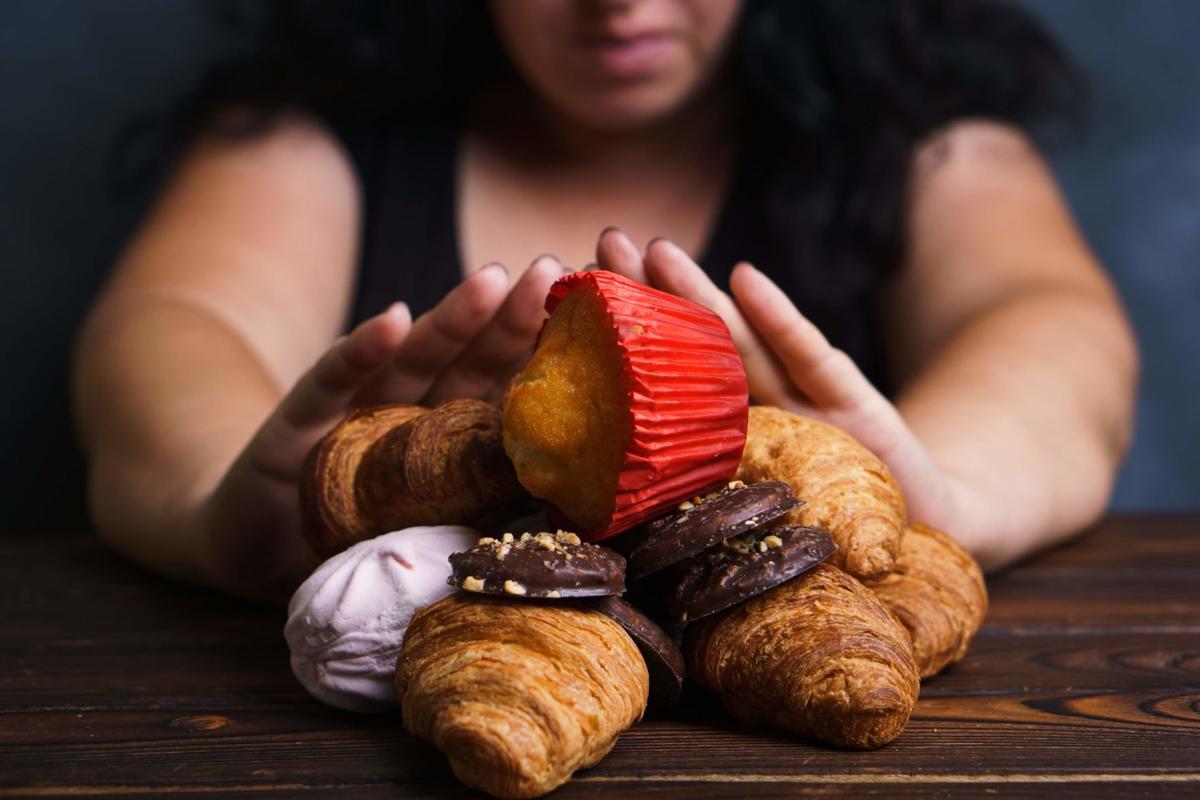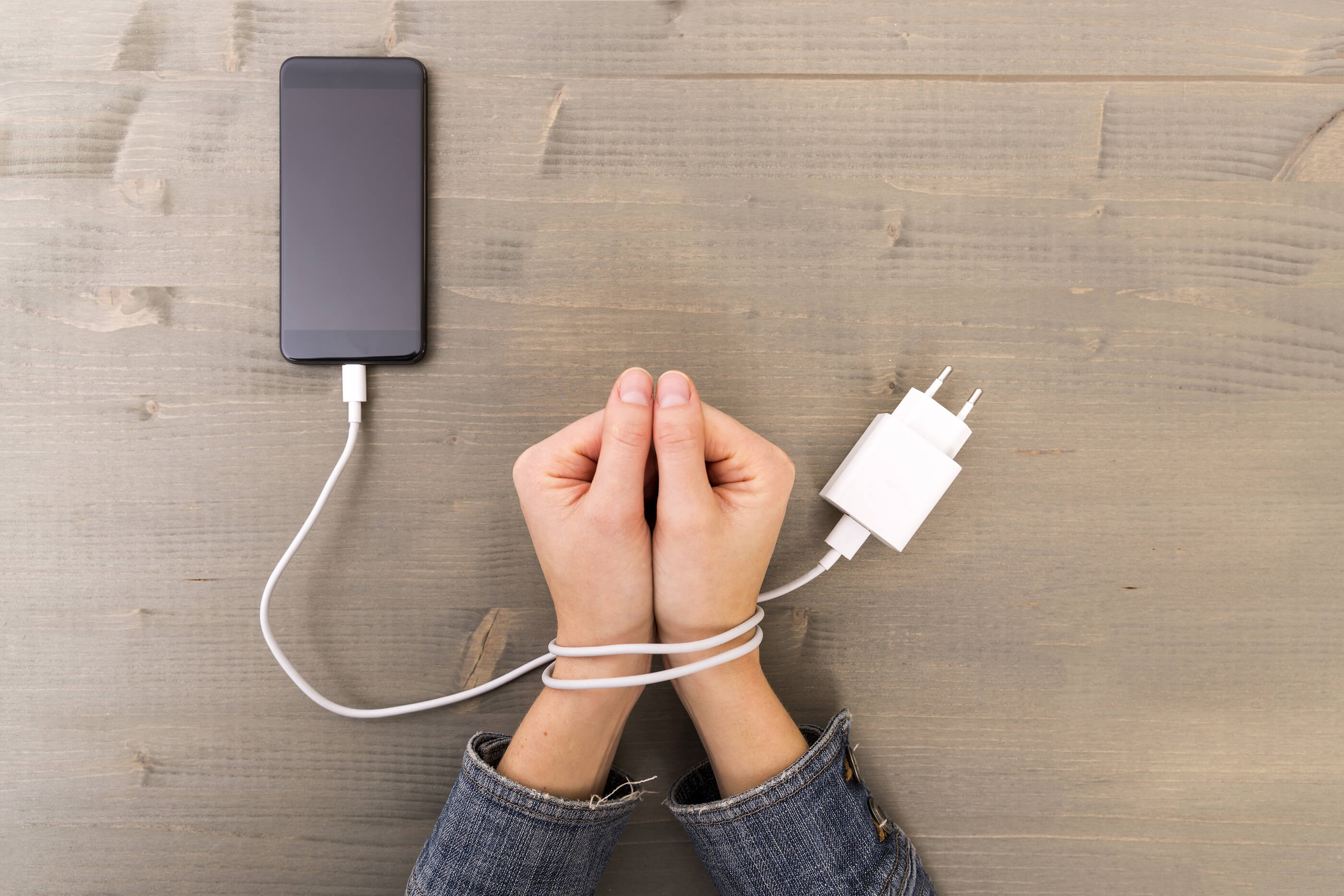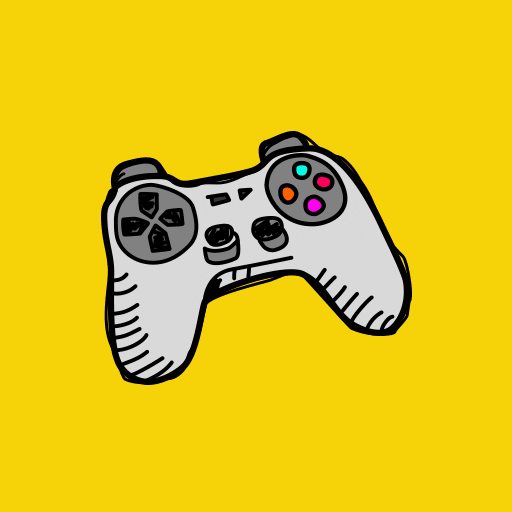When Eating Becomes a Compulsion: Signs of Food Addiction
Some foods don’t just satisfy hunger — they hijack the brain’s pleasure centers in a way that makes resistance incredibly difficult for some individuals. The phenomenon known as food addiction closely resembles drug addiction in how it affects brain chemistry. This explains why some people find themselves unable to stop eating specific foods, even when they’re full, even when they know it’s harmful, and even when they’ve promised themselves not to.













